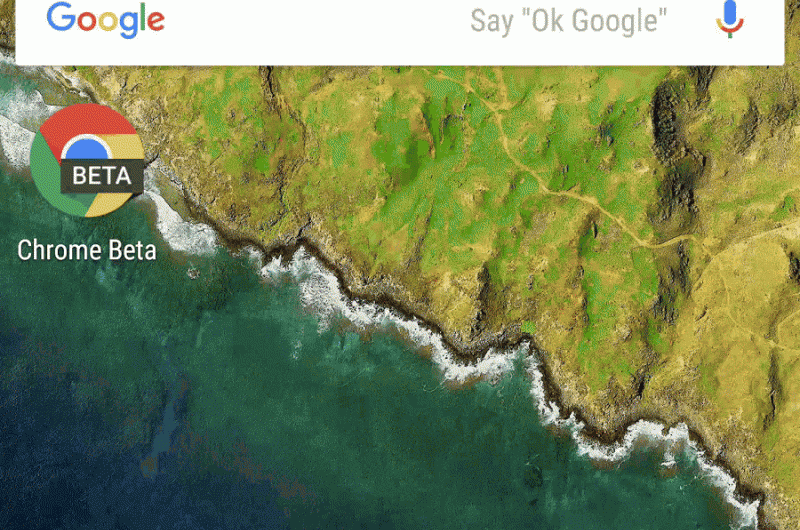February 12, 2016 weblog
Google is walking Chrome for Android close up to Physical Web

Google has started to support physical beacons in its Chrome browser for Android. Google made the announcement to move straight ahead with plans to support Bluetooth beacons. "Starting in version 49, Chrome for Android will also surface Physical Web content," the Chromium blog stated.
Tyler Lee in Ubergizmo pointed out that the functionality right now will be limited to the Chrome browser for Android.
"The Physical Web expands to Chrome for Android" was the title of the Chromium blog which was posted on Wednesday.
Key thoughts were user discoveries, URLs relating to immediate surroundings and, as enablers, Eddystone bluetooth low-energy beacons.
In brief, users will be able to opt in to interact with Bluetooth-enabled beacons in public places. When? TechCrunch said "soon."
Tech watchers are optimistic about this turn of events. For years we heard from big information technology companies about a concept of a digital future where, beyond the menu of smartphone apps on devices, one might be able to walk around in a tap-you-are-in world of stores, parking meters, signposts, posters.
The idea is for people to walk up to any device "smartened" and not have to download an app first.
A video serving as "introduction to the Physical Web" features presenter Scott Jenson. "There will be millions of smart devices in our homes, work, and everywhere in between," he said. "Accessing functionality from these devices can be just like using the Web." You walk up, tap and go.
The video offers a parking-meter scenario as an example of how this will work. The user walks up to it and pulls out the phone to see a list of nearby devices. The user taps on a parking meter and is taken to a web page. Then the person just has to add the time desired and hit Pay. The billing is taken care of in the cloud. Once that is done, it authorizes the meter.
Anyone with a phone can scan an area, pick an object and interact with it immediately. This push is not to replace your usual and newer apps but to expand your digital experience from general to specific.
With the Physical Web concept, you are engaging in small interactions with things you would never consider using an app for, said Jenson—a bus stop to tell you when the next bus is coming; a tutorial to watch on a brand new home appliance. Your phone or tablet can find the things around you and let you interact with whatever you're interested in. "Every smart device links to a web page so things can offer simple information, like a phone number, or more complex interactions like unlocking a car door."
The rationale for championing the project: "The number of smart objects is going to explode, both in our homes and in public spaces. Much like the web, there is going to be a long tail of interactivity for smart objects. But the overhead of installing an app for each one just doesn't scale. We need a system that lets you walk up and use a device with just a tap. The Physical Web isn't about replacing native apps; it's about allowing interaction for the times when native apps just aren't practical."
The Physical Web is not "shipping" and is not a Google proprietary project. This is an open approach which can be used by anyone.
Ani Mohan in the Wednesday blog post had a special message for developers.
"Physical Web developers can reach Chrome for Android users as well, starting with the Beta channel and rolling out more widely soon. When these users walk by a beacon for the first time, they'll receive a notification allowing them to enable the Physical Web. On future encounters with beacons, users can quickly see a list of nearby URLs by tapping on a non-vibrating notification waiting for them. Developers can make their web content discoverable on the Physical Web by configuring an Eddystone-supported beacon to broadcast a URL of their choice with the Eddystone-URL frame type. Now that the Physical Web is tightly integrated into Chrome for Android, a single deployment can deliver contextual information to Chrome users across multiple mobile platforms."
Jon Russell in TechCrunch said "Beacons are likely to be a hot topic in 2016, and there are a number of tech companies pioneering the concept with hardware and software."
More information: blog.chromium.org/2016/02/the- … o-chrome-for_10.html
© 2016 Tech Xplore



















